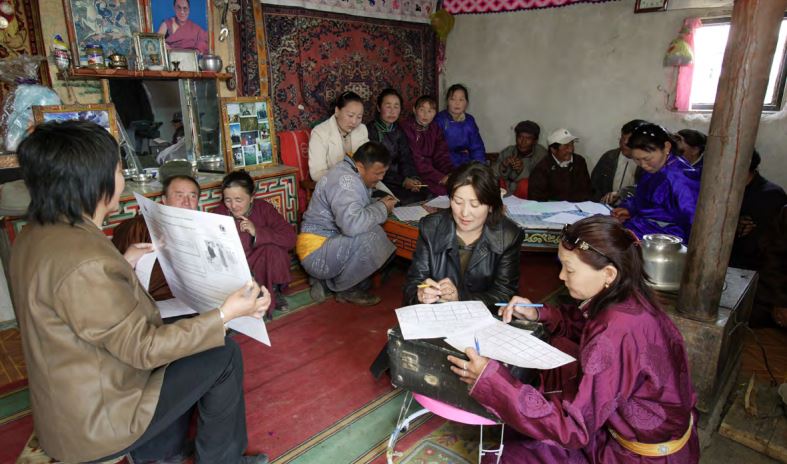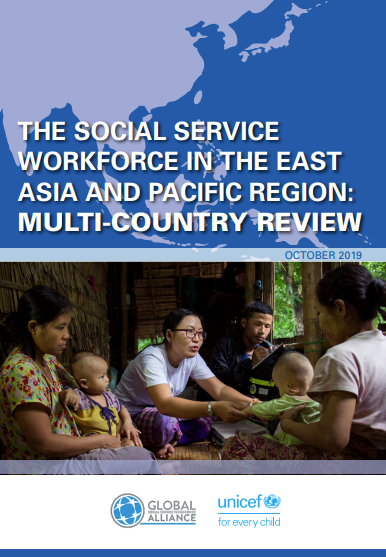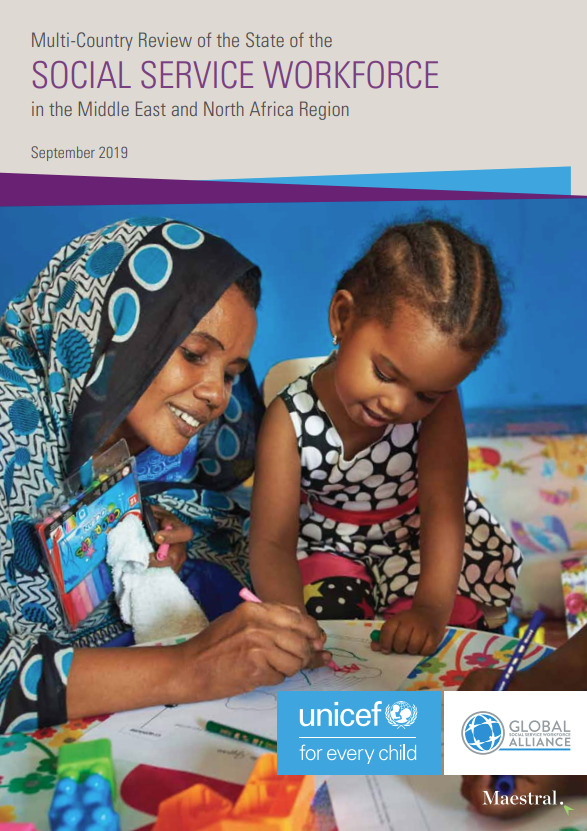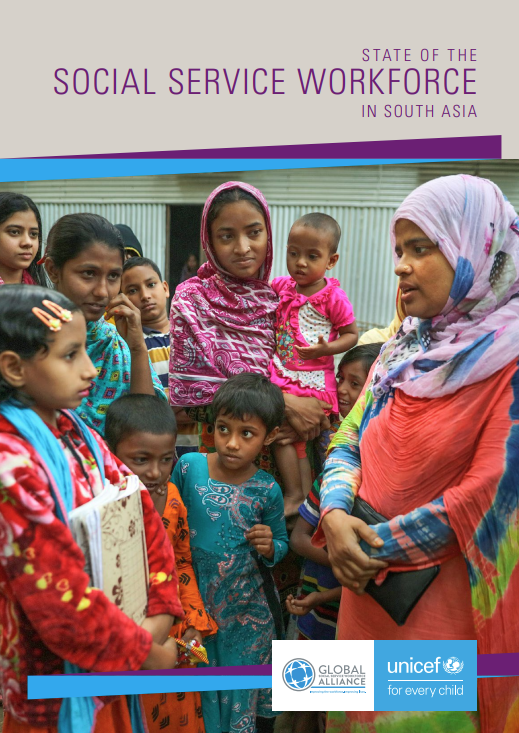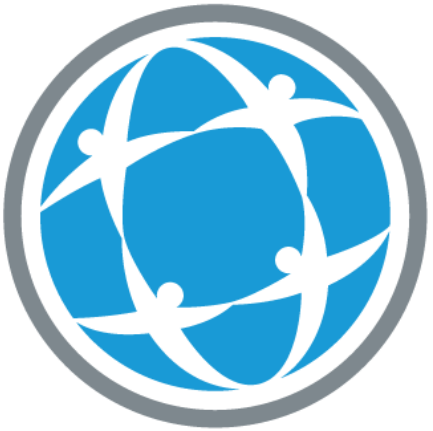The Global Social Service Workforce Alliance has conducted social service workforce mapping assessments, in coordination with UNICEF, across three regions and 32 countries. The information collected allows countries to make data-informed decisions to strengthen their workforce. The reports below summarize the status of the social service workforce in each region and identify challenges and opportunities for workforce strengthening. Each assessment was conducted using the participatory mapping process outlined in our Social Service Workforce Mapping Toolkit.
The Social Service Workforce in the East Asia and Pacific Region
October 2019
This report provides an overview of the social service workforce in 15 countries in the East Asia and Pacific region. The report highlights the unique aspects of each country’s workforce as well as identifies progress, challenges and gaps, for countries to consider when engaging in social service workforce strengthening. This mapping assessment led the Association of Southeast Asian Nations (ASEAN) Member States to adopt the Hanoi Declaration on Strengthening Social Work Towards Cohesive and Responsive ASEAN Community.
The Social Service Workforce in the Middle East and North Africa Region
September 2019
This report provides an overview of the social service workforce in eight countries in the Middle East and North Africa region. The report highlights unique aspects of each country’s workforce, identify common challenges or trends, and suggest evidence-based strategies that countries could consider when developing their country-level action plans.
The Social Service Workforce in South Asia
August 2018
This report provides information on the status of the social service workforce in the eight countries in South Asia. It describes policies, education, funding and support available to the workforce, and includes data available on the composition of the workforce in each of the countries. The report also identifies innovative practices that may be scaled up and incorporates findings on the accountability of the workforce from the perspective of children.

